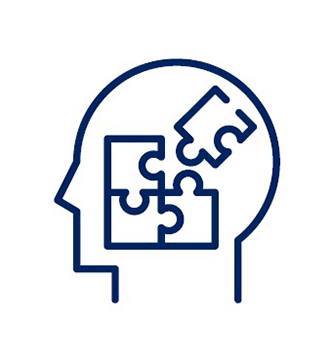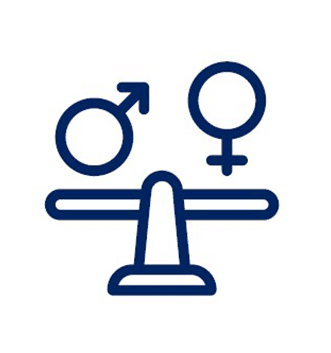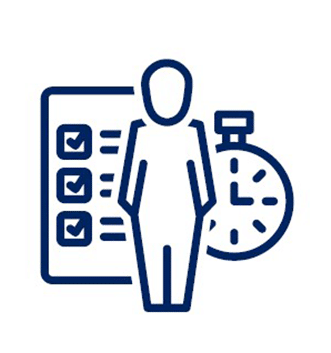contact us

If your child has a learning disability or special needs and the school is not adequately meeting those needs, we can assist you in developing, amending, or litigating your child’s plan.
Individualized Education Programs
When a child has a qualifying disability, the child’s school is required to develop an individualized education program (IEP) for the child.
The IEP details the child’s disability or disabilities and the ways in which the school will address the child’s needs.
If your child has a disability and the school has failed to develop an IEP, or if the IEP the school has developed is not adequately meeting your child’s needs, we can assist you in developing, appealing or amending your child’s IEP. Contact WhitbeckBeglis today to learn how we can help.
Section 504 Plans
Some disabled students are not eligible for IEPs under the IDEA; however, the law still requires that schools meet the educational needs of all disabled students “as adequately as the needs of non-handicapped persons.” Section 504 plans are alternative protections that accommodate for a disabled student’s differences within the regular education environment. A Section 504 plan may require that a school provide regular aids or services (as opposed to special education services) in order to adequately meet the child’s individual education needs. Examples of Section 504 accommodations include preferential seating in the front of the classroom, a longer period of time to complete assignments, modified assignments and behavioral management plans.
It is important to consider whether your child may be eligible for a 504 Plan if your child shows a pattern of not benefitting from the instruction provided, the school is considering retention, or a disability of any kind is suspected. Contact WhitbeckBeglis to discuss how our team of special education law attorneys can help you and your family.
How We Can Help
Click on a sub practice area to learn more






